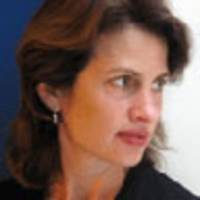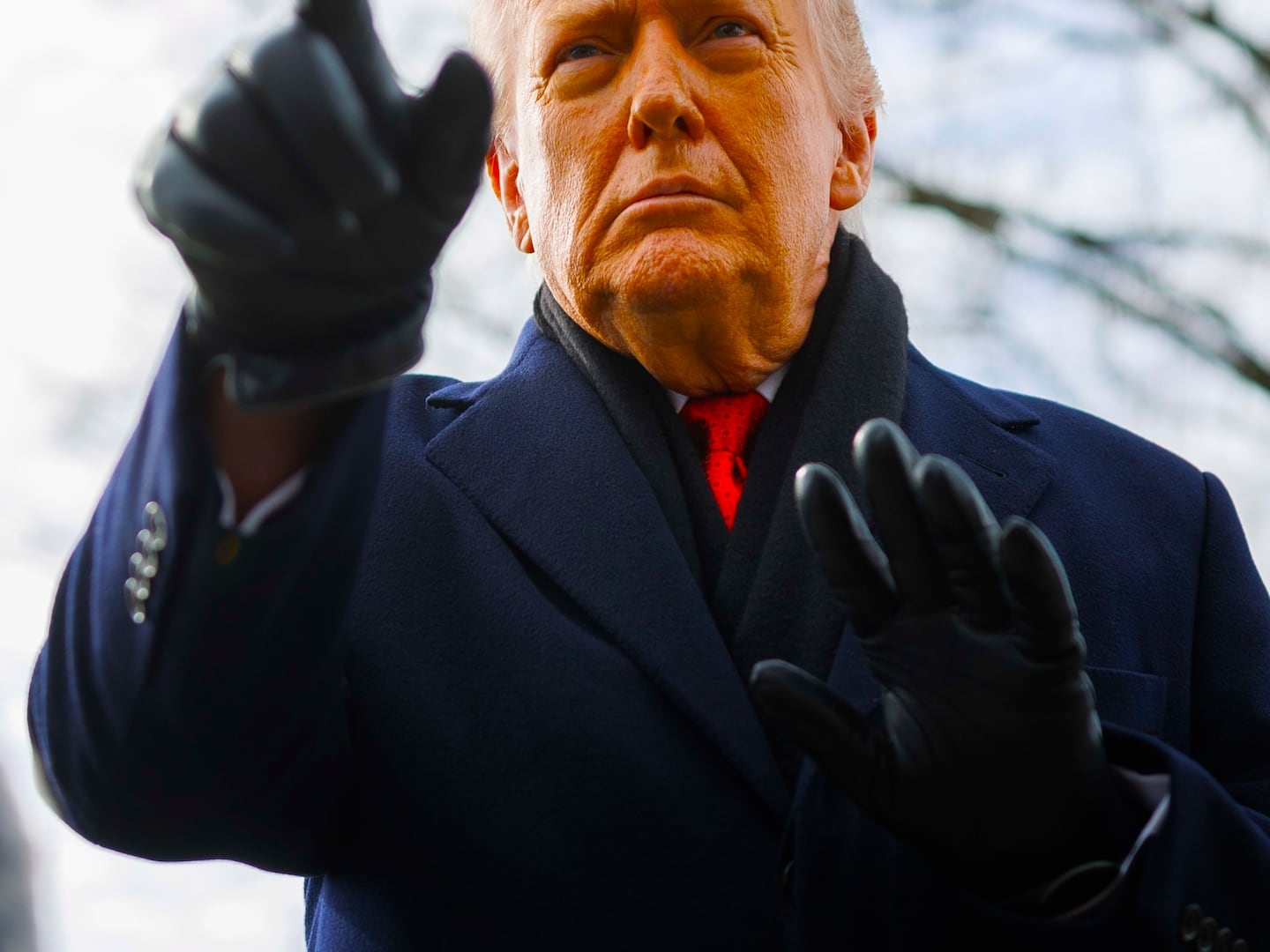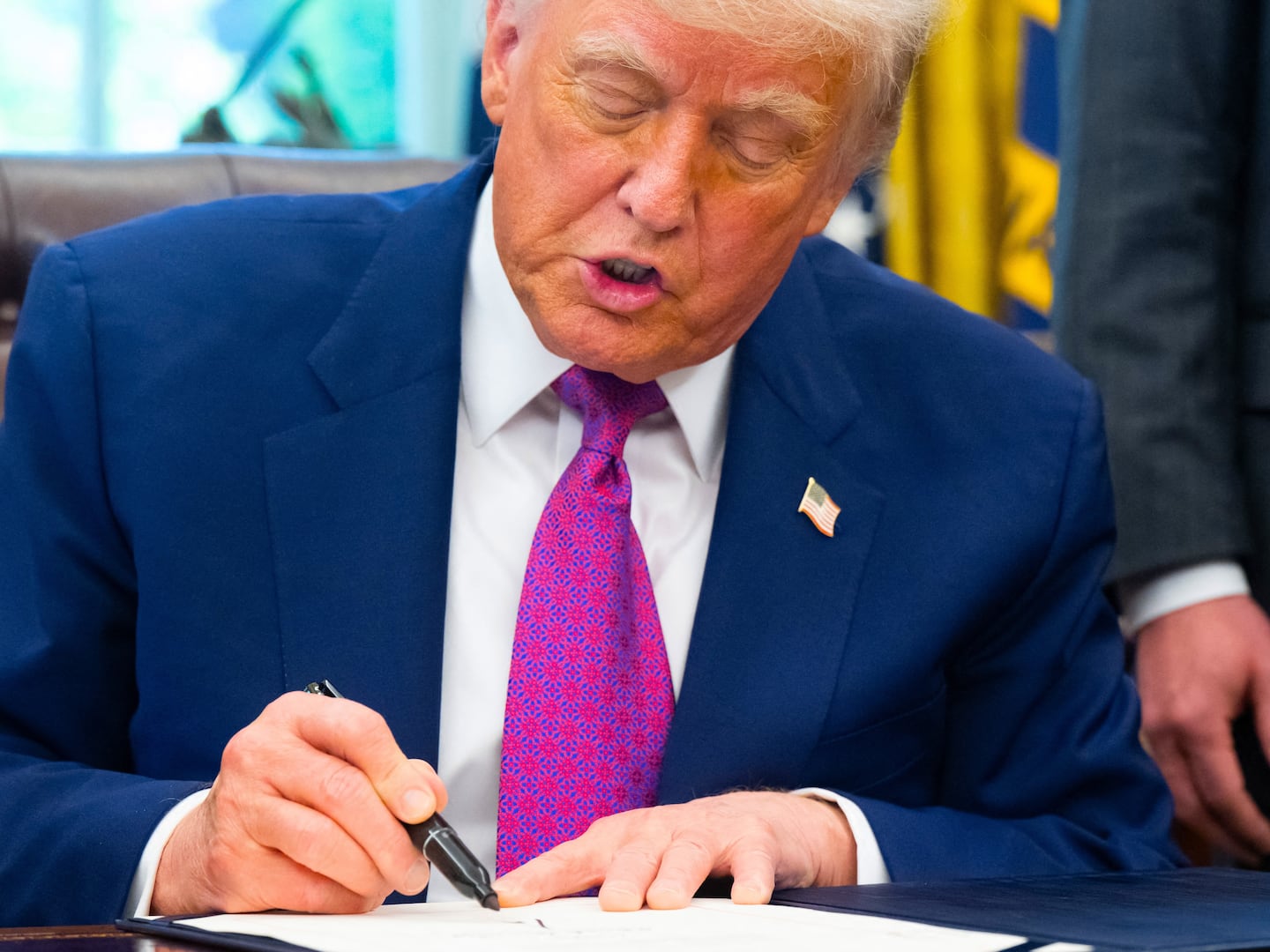The interior minister’s office was imposing: dark-wood paneling, gold-plated sprinklers on the ceiling, and square-shaped chairs, in a Riyadh government building that instilled fear in people who lived in the city. On that day several years ago, the interior minister, Prince Nayef bin Abdul Aziz, a stocky man with a neatly trimmed mustache, greeted a group of American scholars.
“He’s the kindest, warmest man I’ve ever known,” recalls one of the visitors, Jon Alterman, a senior fellow with the Washington-based Center for Strategic and International Studies. “That’s a line from The Manchurian Candidate, right?”
Alterman is joking, sort of. Nobody would accuse Nayef of being as icy as the sergeant in The Manchurian Candidate, or as diabolical. And yet despite the differences between them, it is also true that, like the sergeant, Nayef has a reserved manner: “He didn’t show a need to be liked,” Alterman says.
He also keeps odd hours. Charles W. Freeman, Jr., a former ambassador to Saudi Arabia, says he used to visit Nayef at the Interior ministry at one or two in the morning, which was his preferred time for meetings. “He was known as the prince of shadows because he was in charge of the secret service,” Freeman recalls, “and he was operating at night.”
Middle East experts say that Nayef is a hardliner, even by local standards, in a place where people are sentenced to beheadings, floggings, and eye-gougings. And now, after serving as interior minister for more than three decades, Nayef has been named the next crown prince, replacing Crown Prince Sultan, who had been suffering from cancer for years and died on Oct. 22. As crown prince, Nayef, who is in his late seventies, becomes heir apparent to the throne, and his ascension has important implications for people in Riyadh, Washington, and other cities around the world.

White House officials want a stable group of leaders in Riyadh because of the role they play in global markets—Saudi Arabia is one of the world’s top exporters of oil—and also in fighting terrorists in the Middle East. The Arab Spring has shown that even the most authoritarian leaders can lose their hold over a country, however, and administration officials are watching events in Riyadh closely and hoping that the transition from one prince to the next will occur just as it has in the past—in an orderly manner.
Nayef scores high marks among administration officials. He is formidable and imperious, but is also a known quantity, speaking with Americans about issues such as the global economic crisis, as a diplomatic cable obtained by WikiLeaks shows. The cable describes a July 2009 meeting with Nayef and Treasury Secretary Timothy Geithner.
Nayef is respected in the U.S. intelligence community because of his aggressive counterterrorism efforts, says former ambassador Freeman, who was himself chosen in 2009 to head up the National Intelligence Council (though that ended badly). The Saudi counterterrorism efforts have been led by Nayef’s son, Muhammad, an assistant minister of interior for security affairs, who has a stellar reputation in Washington.
And while Nayef may not be considered “a modernizer,” as Human Rights Watch’s Christoph Wilcke puts it, the Saudi Interior Ministry established a de-radicalization program in 2004 and in this way officials have attempted to use a forward-looking approach to steer people away from violent extremism. More than 4,000 prisoners have gone through the program, which relies on counseling and religious re-education, and American officials have been watching its progress closely. Yet some experts have been underwhelmed by the program.
“This isn’t converting them into Washington Post-reading, liberal Democrats,” says Simon Henderson, a fellow at the Washington Institute for Near East Policy. “It’s over-hyped.” Participants in the program are taught that it is fine to hold radical views, he says, “but wanting to overthrow the royal family is unacceptable.” And many of the participants have fallen back to their old ways; according to a Council on Foreign Relations report, the program has a 10 to 20 percent recidivism rate, which is not nearly as impressive as the zero percent that the program’s founders had once touted.
Human Rights Watch’s Sarah Leah Whitson is more blunt in her criticism of the program, describing it as a “massive roundup” of several thousand men. “These people had been detained without any charge in a so-called rehabilitation program that the U.S. and the U.K. have shockingly praised,” she says. “It’s unlawful to detain someone without due process, however well-intentioned the program may be.”
The program was designed to tamp down unrest—an anathema for officials like Nayef. “Political dissent seems to get under his skin,” said Human Rights Watch’s Wilcke, “and the Saudi response to Arab Spring activities at home has been unflinching repression.”
He has been at the vanguard of a movement to use military force in an effort to maintain order and control and apparently played a key role, says Rachel Bronson, author of Thicker Than Oil: America’s Uneasy Partnership With Saudi Arabia, in the decision to send Saudi troops into Bahrain earlier this year to crush an uprising. He has also been tough on people who falter in their “national identity,” as a September 2009 diplomatic cable says, describing a “crack down” on Shiite citizens in Saudi Arabia. Earlier this month, the Ministry of Interior issued a warning to protesters at an anti-government demonstration in the Eastern province, saying that, if necessary, the officials would strike “with an iron fist.”
Yet not everything is so bleak. Human-rights advocates have been cautiously optimistic as the monarch, King Abdullah, takes steps toward a more open government. He agreed last month to let women vote, for example, though they will not have a chance until 2015. Perhaps more importantly, King Abdullah has announced a $130 billion investment in housing, public-sector jobs and other measures. Partly for that reason, human-rights advocates are worried that Nayef, who is a “very pious” man, as former ambassador Freeman says, who enjoys the strong support of “reactionary religious elements,” will take the country in a different, and much darker, direction.
Some Middle East experts say that assessment is overly pessimistic. Whatever his private views of religion and society are, Nayef has nevertheless served as a top aide to King Abdullah while the progressive programs have been implemented. “These things would not have happened if he had opposed them,” Freeman says.
Moreover, people change. Some observers of Saudi Arabia say that officials in mid-level positions may have conservative views, but they tend to become more flexible as they rise through the ranks and begin dealing with the challenges of governing a large nation. “People say that he’s bad news because he’s a reactionary,” says Bernard Haykel, a professor at Princeton. “But they said that about the present king, and he wasn’t that way once he came into power.”
Nayef has been around for a long time, and however conservative or hard-line he may be, he is a survivor—and knows the internal dynamics of the kingdom. “This is a moment in which a country like Saudi Arabia needs a strong, confident man with his hand on the helm,” Freeman says. Choosing him should make it "a seamless transition.”






